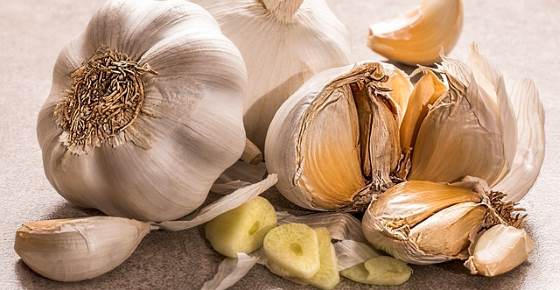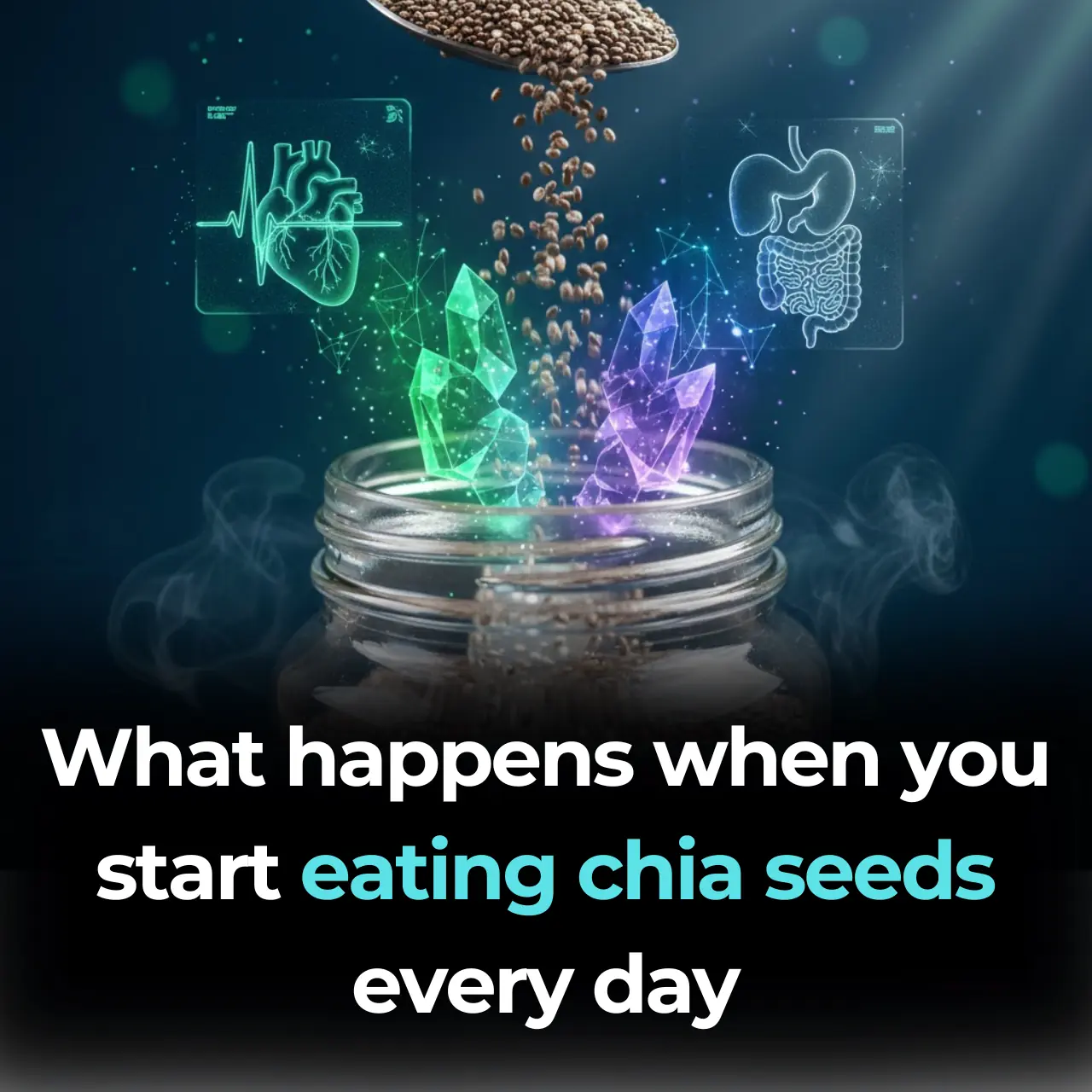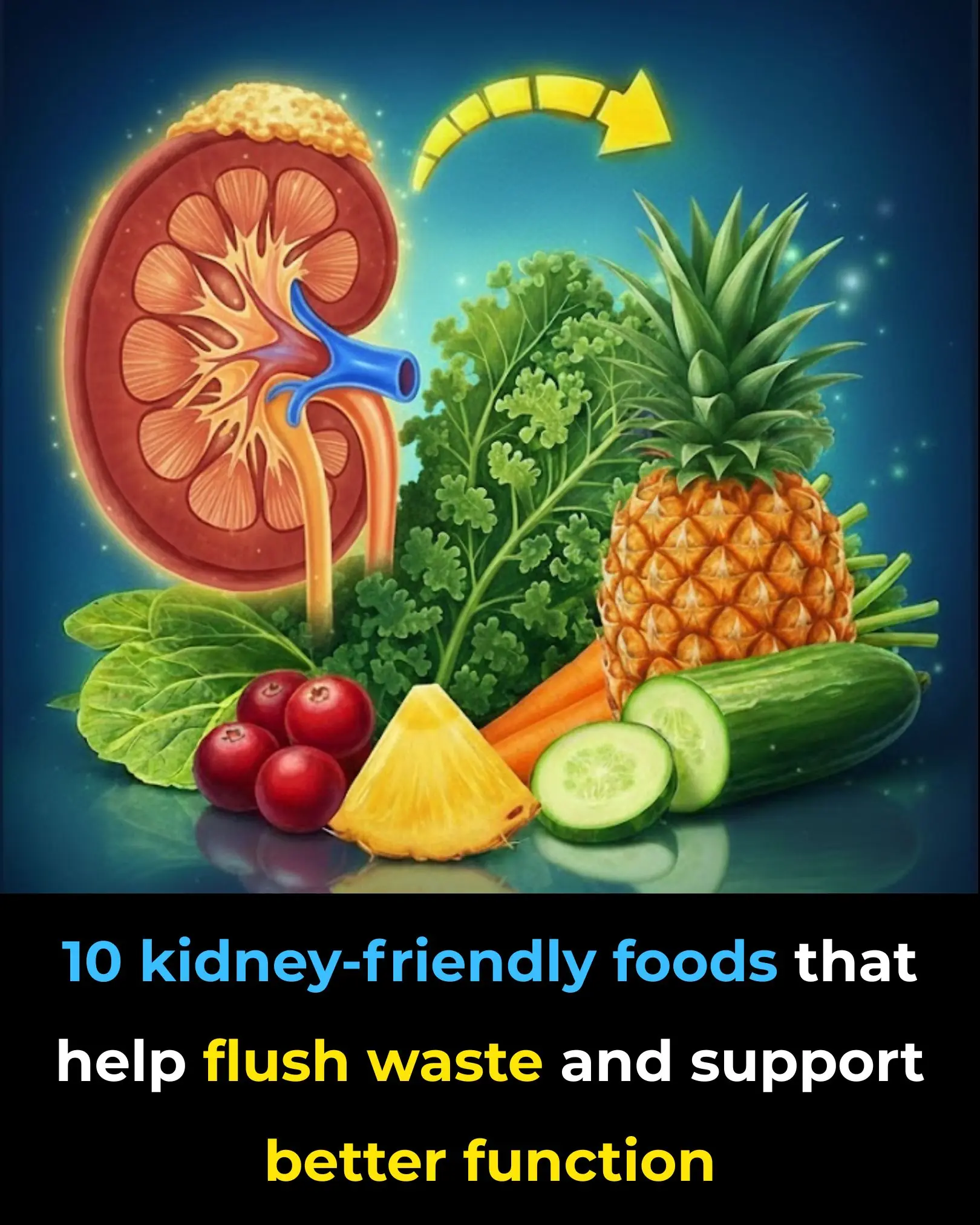Garlic (Allium sativum L.), a pungent herb that has been widely used in cooking, is also renowned for its powerful medicinal properties. Its health benefits have been recognized for centuries, and modern scientific research continues to validate its effectiveness in boosting immunity, improving cardiovascular health, combating colds and flu, and reducing inflammation. Garlic's therapeutic potential is rooted in its bioactive compounds, such as allicin, which contribute to its diverse health benefits.
In this article, we will explore the scientific basis for garlic's medicinal properties, focusing on the benefits of raw garlic and garlic supplements. We will also examine how garlic can be incorporated into your diet for optimal health and wellness.
The Nutritional Value of Garlic
Garlic is closely related to other allium vegetables like onions, shallots, chives, and leeks. Each garlic bulb contains approximately 10 to 12 cloves, and its nutritional content is surprisingly rich for a low-calorie food. For example, just three garlic cloves provide:
-
8 mg of Vitamin C (5% of the recommended daily intake)
-
1 mg of Vitamin B6 (6% RDI)
-
16 mg of calcium
-
36 mg of potassium
-
13 mg of phosphorus
-
8 mg of omega-3 fatty acids
-
3 g of carbohydrates
-
13 calories
In addition to these nutrients, garlic also contains trace amounts of vitamins A and K, as well as other B-group vitamins, making it a valuable food for overall health (Source: National Institutes of Health).
Medicinal Components of Garlic
The health benefits of garlic can largely be attributed to its chemical compounds, which have potent antioxidant and anti-inflammatory effects. The most notable of these compounds is allicin, a sulfur-based molecule that is responsible for many of garlic's therapeutic effects. When garlic is crushed or chopped, allicin is activated, and this bioactive compound is known to have anti-cancer, anti-hypertensive, and antimicrobial properties (Source: Journal of Medicinal Food).
In addition to allicin, garlic contains other beneficial compounds such as phenolic compounds, flavonoids, and polyunsaturated fatty acids (omega-6 and omega-3), which play a crucial role in supporting brain health and reducing inflammation (Source: ScienceDirect).
Medicinal Health Benefits of Garlic (Raw and Dry)
Now, let’s dive deeper into the scientifically proven health benefits of garlic, both in its raw form and as a supplement.
1. Boosting the Immune System
Garlic is a powerful immune booster. Consuming fresh garlic can significantly enhance the body’s immune response. A study published in Clinical Nutrition showed that eating fresh garlic can stimulate the production of T-cells, which are essential for a healthy immune system (Source: PubMed). When volunteers ate a meal with 5 grams of crushed garlic, their immune system was noticeably stronger three hours later. Even garlic supplements like aged garlic extract can have the same beneficial effect, though they may be easier for those concerned about garlic’s strong odor (Source: National Library of Medicine).
Garlic’s immune-boosting properties are also linked to its antibacterial capabilities. Studies have shown that garlic enhances the effectiveness of antibiotics, making it an excellent companion in the fight against bacterial infections (Source: Journal of Antimicrobial Chemotherapy).
2. Fighting Cold and Flu Infections
Garlic’s immune-enhancing compounds can also help prevent and reduce the severity of colds and flu. A 2016 study found that individuals who took garlic supplements (aged garlic extract) during flu season had fewer colds and less severe symptoms (Source: European Journal of Clinical Nutrition). Another study demonstrated that garlic supplements containing allicin reduced the duration of colds and flu in participants (Source: National Center for Biotechnology Information). Garlic’s ability to stimulate immune cell activity makes it an effective tool in preventing and alleviating upper respiratory infections.
3. Improving Heart Health
Garlic’s cardiovascular benefits are well-documented. Several reviews of clinical studies have concluded that garlic can reduce the risk of heart disease by lowering blood pressure, reducing cholesterol, and preventing blood clot formation (Source: Journal of Hypertension). A 2017 study published in Frontiers in Cardiovascular Medicine confirmed that garlic supplements have a protective effect on the heart by lowering both systolic and diastolic blood pressure (Source: PubMed).
Moreover, garlic’s beneficial impact on cholesterol levels has been repeatedly observed in scientific studies. A review of 14 clinical trials showed that garlic effectively lowers LDL (bad) cholesterol levels, which is crucial for maintaining a healthy heart (Source: Journal of Clinical Lipidology). Some studies even suggest that combining fresh garlic with lemon juice can enhance its cholesterol-lowering effects (Source: ScienceDirect).
4. Lowering Blood Glucose Levels
Garlic has also shown promise in managing blood glucose levels, especially in people with type 2 diabetes. A review of studies found that garlic supplementation helps lower fasting blood glucose levels and improves insulin sensitivity (Source: Diabetes Research and Clinical Practice). Some studies suggest that allicin, the active compound in garlic, has an antidiabetic effect comparable to some prescription medications (Source: Journal of Ethnopharmacology). Regular consumption of garlic supplements could help regulate blood sugar and reduce the risk of complications associated with diabetes.
5. Reducing Inflammation
Chronic inflammation is a common underlying factor in many diseases, including heart disease, cancer, and arthritis. Garlic’s potent anti-inflammatory properties have been shown to reduce markers of inflammation in the body. In a study of obese individuals, taking aged garlic extract for six weeks resulted in a significant reduction in inflammatory markers, suggesting that garlic may be a useful tool in preventing chronic diseases related to inflammation (Source: Food & Function).
6. Combating Fungal Infections
Garlic is also effective in fighting fungal infections. Research has shown that allicin in garlic can kill the Candida albicans fungus, which is a common cause of fungal infections in the body (Source: Mycoses Journal). A 2017 study found that garlic extract could also reduce inflammation caused by fungal infections, making it a powerful natural remedy for treating such conditions (Source: PubMed).
7. Protecting the Liver
Garlic’s antioxidant and anti-inflammatory compounds also provide protective benefits for the liver. In individuals with nonalcoholic fatty liver disease, regular consumption of garlic powder has been shown to reduce body weight and improve liver function (Source: Journal of Clinical Gastroenterology). Additionally, garlic supplements have been found to help detoxify the liver, promoting overall liver health (Source: PubMed).
8. Supporting Brain Health
Garlic’s neuroprotective effects are becoming increasingly recognized. A study in rats found that aged garlic extract helped prevent brain inflammation and improved cognitive function (Source: Journal of Alzheimer's Disease). Garlic’s ability to protect the brain from oxidative stress is linked to its sulfur-containing compounds, such as allicin, which help shield the brain from damage caused by free radicals (Source: Neurochemical Research).
9. Fighting Gastric Ulcers
Garlic’s antibacterial properties can also help treat gastric ulcers, which are commonly caused by Helicobacter pylori infection. A study in 2016 found that raw garlic helped eradicate H. pylori infections in patients with gastric ulcers, demonstrating its potential as a natural treatment (Source: World Journal of Gastroenterology). Regular consumption of raw garlic or garlic supplements could aid in healing and preventing these painful digestive conditions (Source: National Institutes of Health).
10. Garlic and Cancer Prevention
Garlic has long been linked to cancer prevention. Studies show that garlic consumption is associated with a lower risk of various cancers, including stomach, colorectal, breast, and esophageal cancer (Source: National Cancer Institute). The anticancer properties of garlic are thought to be due to its ability to enhance DNA repair, prevent cancer cell multiplication, and reduce inflammation (Source: Journal of Cancer Research).
Garlic Pills vs. Raw Garlic – Which One is Better?
You may wonder whether it’s better to consume raw garlic or take garlic supplements to reap its medicinal benefits. While raw garlic contains the most allicin, the active compound responsible for many of garlic’s health benefits, some studies suggest that garlic supplements, especially aged garlic extract, can still provide significant benefits (Source: American Family Physician).
However, not all garlic supplements contain sufficient amounts of allicin, which is why fresh garlic is often preferred for therapeutic purposes (Source: National Institutes of Health). If you prefer supplements, be sure to choose high-quality products that contain adequate levels of allicin.
How Much Garlic Should You Consume?
The World Health Organization recommends consuming 1–2 cloves of garlic daily to gain health benefits (Source: WHO). Some studies suggest that up to 6 cloves per day can help reduce blood pressure and cholesterol (Source: Clinical Nutrition). However, eating large amounts of raw garlic may lead to unpleasant side effects, such as gastrointestinal discomfort, bad breath, and body odor (Source: National Library of Medicine). For most people, 3–4 cloves of garlic per day is sufficient to enjoy its health benefits.
Conclusion
Garlic is an incredibly powerful medicinal food with numerous health benefits. Whether consumed raw, cooked, or in supplement form, garlic’s ability to boost immunity, improve heart health, fight infections, and reduce inflammation makes it a valuable addition to any diet. While raw garlic provides the most concentrated dose of allicin, garlic supplements also offer a convenient way to experience its therapeutic effects without the pungent odor. Always consult with a healthcare provider before making any significant changes to your diet, especially if you are taking medication for blood pressure, diabetes, or blood clotting.
Incorporating garlic into your daily routine can enhance your overall well-being, offering protection against a wide range of chronic diseases.


































